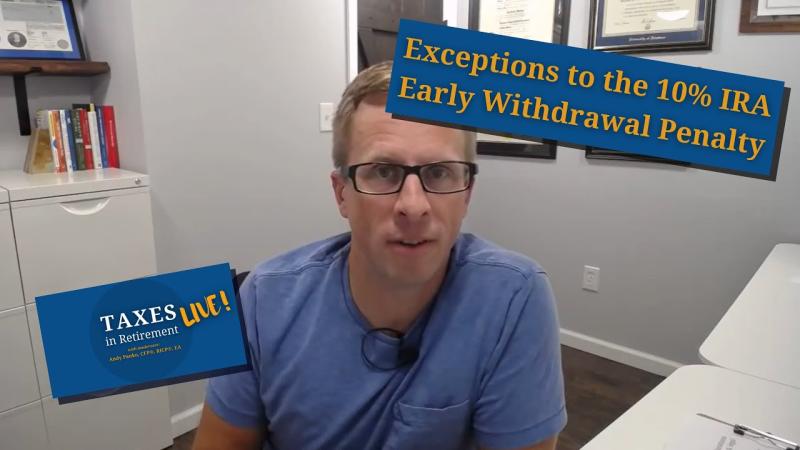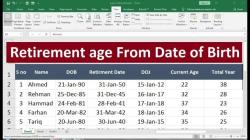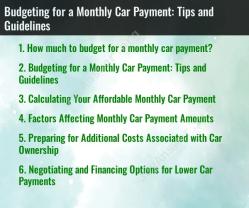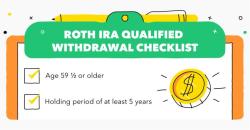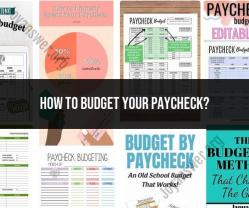How to reduce penalty on early IRA withdrawal?
Early withdrawals from an Individual Retirement Account (IRA) before the age of 59½ typically result in a 10% early withdrawal penalty, in addition to any income tax owed on the distribution. However, there are certain situations where you may be able to reduce or avoid these penalties. Here are some strategies:
Qualified Exceptions:
- Some early withdrawals are exempt from the 10% penalty. These include qualifying medical expenses, certain higher education expenses, a first-time home purchase (up to $10,000), and certain unreimbursed medical expenses.
Substantially Equal Periodic Payments (SEPP):
- You can set up substantially equal periodic payments based on your life expectancy to avoid the early withdrawal penalty. These payments must continue for five years or until you reach age 59½, whichever is longer.
Rollover to Another Retirement Account:
- If you change jobs or retire, consider rolling over your IRA funds into a new employer's retirement plan or another qualified retirement account. This can help you avoid the penalty, depending on the rules of the new plan.
Disability:
- If you become permanently disabled, you may qualify for an exception to the early withdrawal penalty.
Death:
- In the event of the IRA owner's death, beneficiaries can generally withdraw funds without incurring the 10% early withdrawal penalty.
Health Insurance Premiums:
- If you're unemployed and need to pay for health insurance, you may be able to make penalty-free withdrawals to cover your health insurance premiums.
IRS Levy:
- If the IRS levies your IRA, the 10% penalty may be waived.
Military Reservists Called to Active Duty:
- Reservists called to active duty for at least 180 days may be exempt from the early withdrawal penalty during the active duty period.
Equal to Medical Expenses:
- If the distributions are less than or equal to your unreimbursed medical expenses, you may be able to avoid the 10% penalty.
IRS Form 5329:
- If you believe you qualify for an exception, you need to file IRS Form 5329 when you file your income tax return.
It's crucial to consult with a tax professional or financial advisor to ensure that you meet the specific requirements for any exceptions and to discuss the potential tax implications of early withdrawals. Keep in mind that while these strategies may help you avoid the 10% penalty, regular income tax may still apply to the withdrawn amount.
Mitigating penalties: How to reduce penalty on early IRA withdrawal?
There are a few ways to reduce the penalty on an early IRA withdrawal:
- Delay your withdrawal until you reach age 59 1/2. This is the age at which you can start taking withdrawals from your IRA without penalty. If you withdraw money before then, you'll generally have to pay a 10% penalty tax.
- Use the money for qualified expenses. There are a few exceptions to the early withdrawal penalty, such as using the money to pay for qualified medical expenses, higher education costs, or your first home purchase.
- Roll the money over into a qualified retirement plan. If you withdraw money from your IRA and roll it over into another qualified retirement plan within 60 days, you won't have to pay the penalty tax.
If you can't avoid taking an early withdrawal from your IRA, there are a few things you can do to reduce the penalty:
- Withdraw the money gradually over time. If you withdraw the money in installments, you'll only have to pay the penalty on the amount you withdraw each year.
- Consider using the money from a different source. If you have other savings or investments, consider using that money instead of your IRA. This will help you avoid paying the penalty tax.
- Get professional help. If you're not sure how to minimize the penalty on an early IRA withdrawal, talk to a financial advisor.
Strategies and considerations for minimizing penalties on premature withdrawals from IRA
Here are some strategies and considerations for minimizing penalties on premature withdrawals from IRA:
- Understand the early withdrawal penalty. The early withdrawal penalty is a 10% tax that is applied to any money you withdraw from your IRA before you reach age 59 1/2. There are a few exceptions to the penalty, but they are limited.
- Plan ahead. If you think you may need to take an early withdrawal from your IRA, start planning ahead now. There are a few things you can do to minimize the impact of the penalty, such as withdrawing the money gradually over time or using the money from a different source.
- Consider your options. If you are facing an unexpected financial hardship, there may be other options available to you besides taking an early withdrawal from your IRA. For example, you could try to get a loan or borrow money from friends or family.
- Talk to a financial advisor. If you are not sure how to minimize the penalty on an early IRA withdrawal, talk to a financial advisor. They can help you understand your options and make the best decision for your individual situation.
Tips for financial planning to avoid or mitigate the impact of early withdrawal penalties
Here are some tips for financial planning to avoid or mitigate the impact of early withdrawal penalties:
- Start saving early. The earlier you start saving for retirement, the less likely you are to need to take an early withdrawal from your IRA.
- Contribute as much as you can to your IRA each year. The more money you have in your IRA, the less likely you are to need to withdraw it early.
- Consider investing in a Roth IRA. Roth IRA contributions are made with after-tax dollars, so you won't have to pay taxes on the money when you withdraw it in retirement. There are also no early withdrawal penalties on Roth IRAs, as long as you meet certain requirements.
- Have a backup plan. If you do need to take an early withdrawal from your IRA, have a backup plan in place to pay the penalty tax. You could save up the money over time or try to deduct it from your taxes.
By following these tips, you can help avoid or mitigate the impact of early withdrawal penalties on your retirement savings.
